Xbox Project Scarlett 2020: PS5 release date clash, plus new features
All the confirmed - and unconfirmed - reports about Microsoft’s next games console
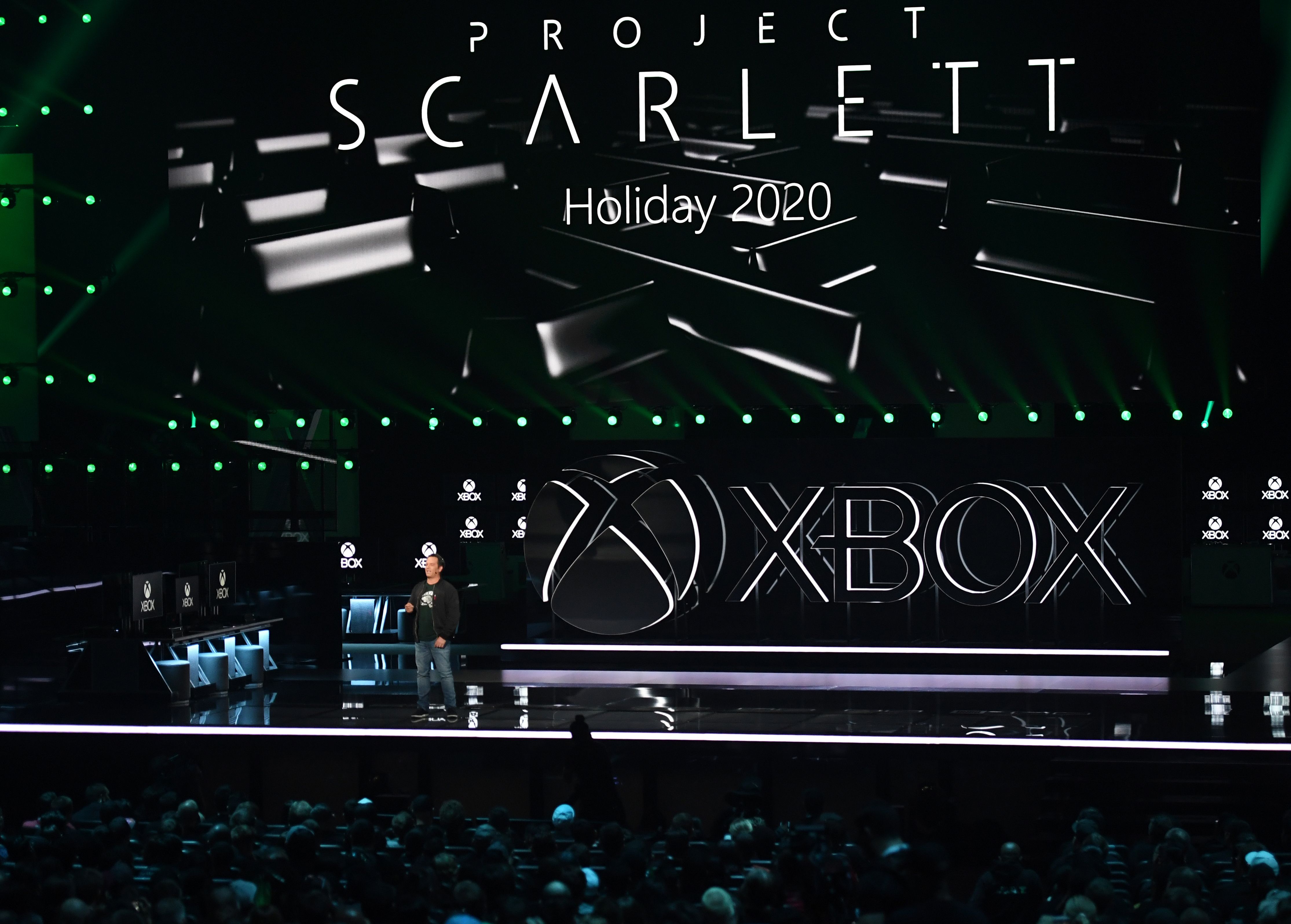
A free daily email with the biggest news stories of the day – and the best features from TheWeek.com
You are now subscribed
Your newsletter sign-up was successful
Microsoft’s successor to the Xbox One will face stiff competition from the get-go next year, as rival firm Sony has confirmed that its PlayStation 5 console will share the same launch window as the new system.
Sony confirmed on Tuesday that the PS5 would arrive in time for Christmas 2020, and that the next-generation system will ship with a new controller featuring haptic feedback engines.
The announcement comes some four months after Microsoft announced at the Electronic Entertainment Expo (E3) in June that its next Xbox, codenamed Scarlett, would launch at the end of next year.
The Week
Escape your echo chamber. Get the facts behind the news, plus analysis from multiple perspectives.

Sign up for The Week's Free Newsletters
From our morning news briefing to a weekly Good News Newsletter, get the best of The Week delivered directly to your inbox.
From our morning news briefing to a weekly Good News Newsletter, get the best of The Week delivered directly to your inbox.
While the tech company revealed key details about its PS5-rivalling console at the gaming event, some questions remain about the upcoming release.
Confirmed
Release
Microsoft is targeting a “holiday 2020” release for the next-generation Xbox, so expect to see it arriving in shops in the weeks leading up to Christmas next year.
The specs
A free daily email with the biggest news stories of the day – and the best features from TheWeek.com
Although Microsoft has yet to get into the nitty-gritty about Project Scarlett’s specs, the tech giant did disclose some key information about the console’s hardware during its E3 conference.
Project Scarlett will be built around a “custom-designed” processor that uses AMD’s Zen 2 and Navi architecture, reports TechRadar. This is coupled with the latest GDDR6 graphics memory, making the next-generation console four times more powerful than the Xbox One X.
Along with the performance boost, Project Scarlett will ditch the hard-drive disc (HDD) stage system found in current-generation consoles in favour of solid-state drives (SSDs). The benefit of SSDs is that they don’t have any moving parts, helping the new console improve game loading times “by a factor of 40x”.
The final result of these upgrades is a console that plays games at a resolution of 8K and a frame rate of up to 120fps. To put that into context, the Xbox One X can play only a handful of titles at 4K and 60fps.
Backwards compatibility
Microsoft has been leading the charge with backwards compatibility - the ability to play old games on new consoles - so it comes as little surprise that some games built for Project Scarlett will run titles from all four Xbox generations.
As gaming news site Game Rant reports, Microsoft says that “thousands” of games from the original Xbox, Xbox 360 and Xbox One will play on the fourth-generation console, suggesting that Project Scarlett will support “most if not all” titles launched on any Xbox system.
Some games will also be cross-generation, allowing users with Project Scarlett to play against their friends on an Xbox One.
Games confirmed so far
Only one game has been confirmed as a Project Scarlett title as yet: 343’s Halo Infinite.
However, Bethesda has hinted that its upcoming sci-fi role-playing game (RPG) Starfield will be launching on the next-generation of consoles, followed by The Elder Scrolls VI, says IGN.
There are also likely to be Project Scarlett-enhanced versions of Cyberpunk 2077, which launches on 16 April 2020, and Gears of War 5.
Unconfirmed
Will there be two consoles?
Possibly. Early rumours pointed to Project Scarlett being the code-name for Microsoft’s new range of system, rather than the name of a single console.
Insiders claim the company will release a top-spec version code-named “Anaconda”, which will replace the Xbox One X, and a budget “Lockhart” model that serves as a successor to the Xbox One S.
Adding to the speculation, Microsoft Game Studios chief Matt Booty referred to Project Scarlett as the company’s “console plan headed into 2020”, during an interview with Eurogamer at E3.
He refused to give any further details when asked to clarify whether Project Scarlett was the code name of a console or a wider product range.
Will it get rid of physical discs?
Maybe. Microsoft has already released a disc-free model of its Xbox One S called the All-Digital Edition, where users can only play digital versions of games bought through the Xbox Store.
The idea was conceived for 2013’s Xbox One, but it was canned after fans complained that the “always online” nature of the format prevented them from sharing games with their friends. If Microsoft were to release a digital-only version of Project Scarlett, it would probably launch alongside a more conventional model equipped with a disc drive.
What about VR support?
No, almost certainly not. Microsoft marketing boss Mike Nichols told video gaming website GamesIndustry.biz: “We don't have any plans specific to Xbox consoles in virtual reality (VR) or mixed reality (MR).”
He added: “Our perspective on it has been and continues to be that the PC is probably the best platform for more immersive VR and MR.”
By contrast, rival Sony’s PlayStation has offered its own VR solution since 2016.
However, while Sony has sold more than one million examples of its PS VR headset, the technology has not proved as popular as was expected, the BBC says.
-
 Political cartoons for February 20
Political cartoons for February 20Cartoons Friday’s political cartoons include just the ice, winter games, and more
-
 Sepsis ‘breakthrough’: the world’s first targeted treatment?
Sepsis ‘breakthrough’: the world’s first targeted treatment?The Explainer New drug could reverse effects of sepsis, rather than trying to treat infection with antibiotics
-
 James Van Der Beek obituary: fresh-faced Dawson’s Creek star
James Van Der Beek obituary: fresh-faced Dawson’s Creek starIn The Spotlight Van Der Beek fronted one of the most successful teen dramas of the 90s – but his Dawson fame proved a double-edged sword
-
 Why 2025 was a pivotal year for AI
Why 2025 was a pivotal year for AITalking Point The ‘hype’ and ‘hopes’ around artificial intelligence are ‘like nothing the world has seen before’
-
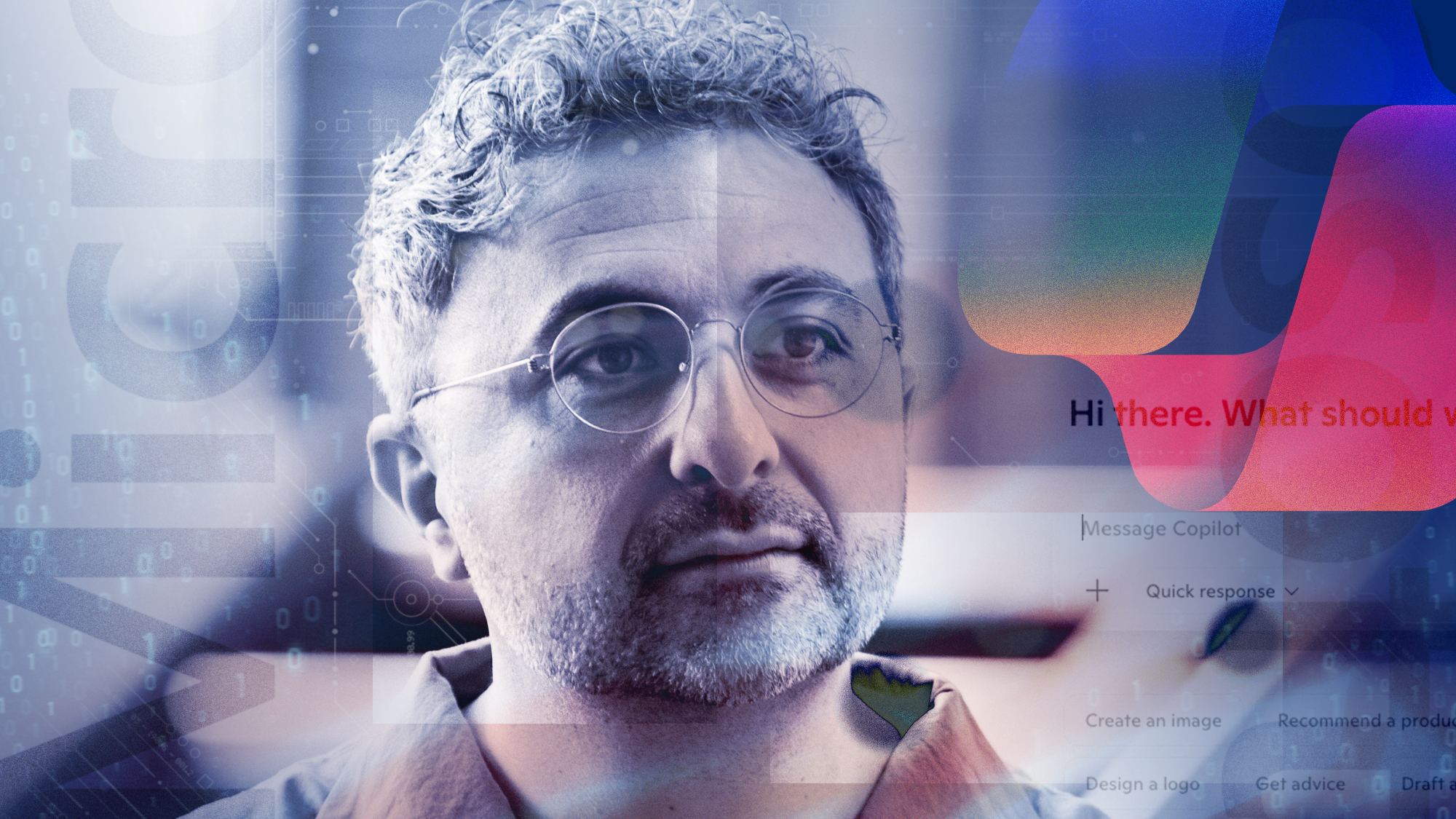 Microsoft pursues digital intelligence ‘aligned to human values’ in shift from OpenAI
Microsoft pursues digital intelligence ‘aligned to human values’ in shift from OpenAIUNDER THE RADAR The iconic tech giant is jumping into the AI game with a bold new initiative designed to place people first in the search for digital intelligence
-
 How the online world relies on AWS cloud servers
How the online world relies on AWS cloud serversThe Explainer Chaos caused by Monday’s online outage shows that ‘when AWS sneezes, half the internet catches the flu’
-
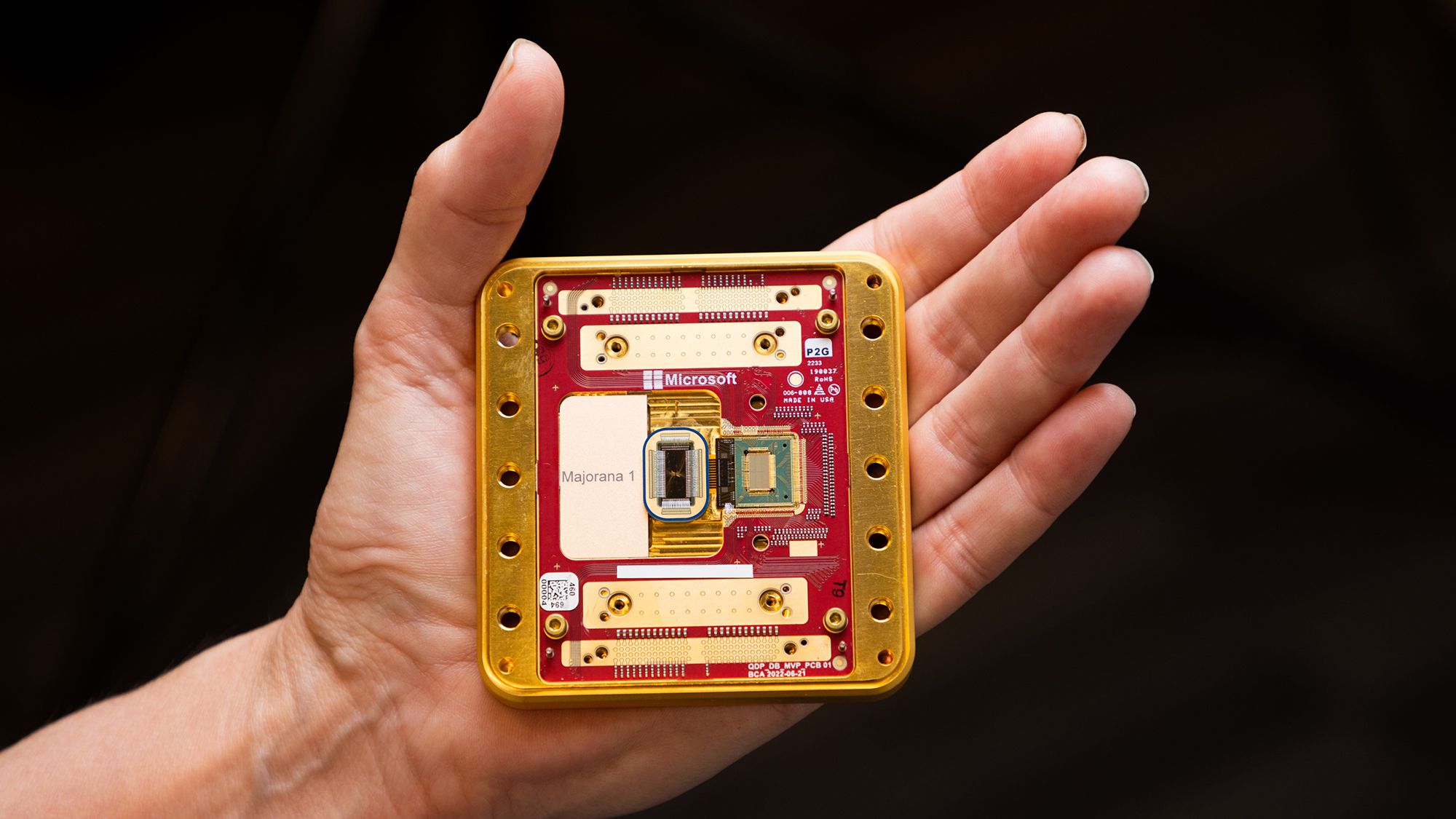 Microsoft unveils quantum computing breakthrough
Microsoft unveils quantum computing breakthroughSpeed Read Researchers say this advance could lead to faster and more powerful computers
-
 Microsoft's Three Mile Island deal: How Big Tech is snatching up nuclear power
Microsoft's Three Mile Island deal: How Big Tech is snatching up nuclear powerIn the Spotlight The company paid for access to all the power made by the previously defunct nuclear plant
-
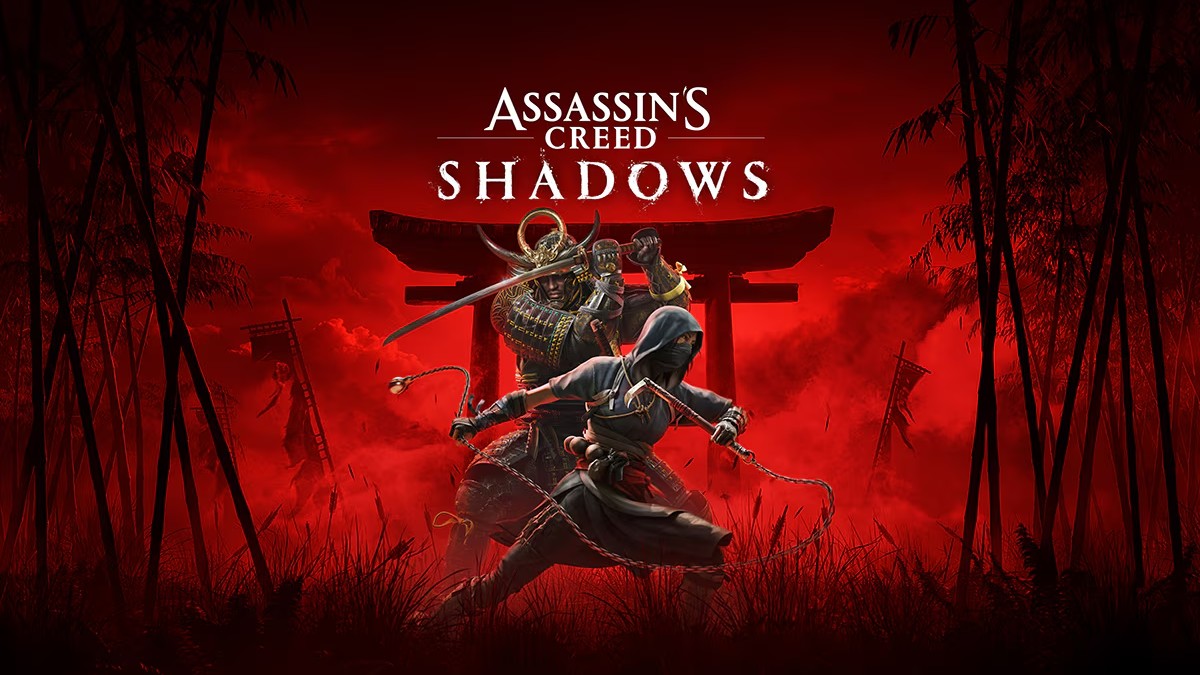 Video games to play this fall, from 'Call of Duty: Black Ops 6' to 'Assassin's Creed Shadows'
Video games to play this fall, from 'Call of Duty: Black Ops 6' to 'Assassin's Creed Shadows'The Week Recommends 'Assassin's Creed' goes to feudal Japan, and a remaster of horror classic 'Silent Hill 2' drops
-
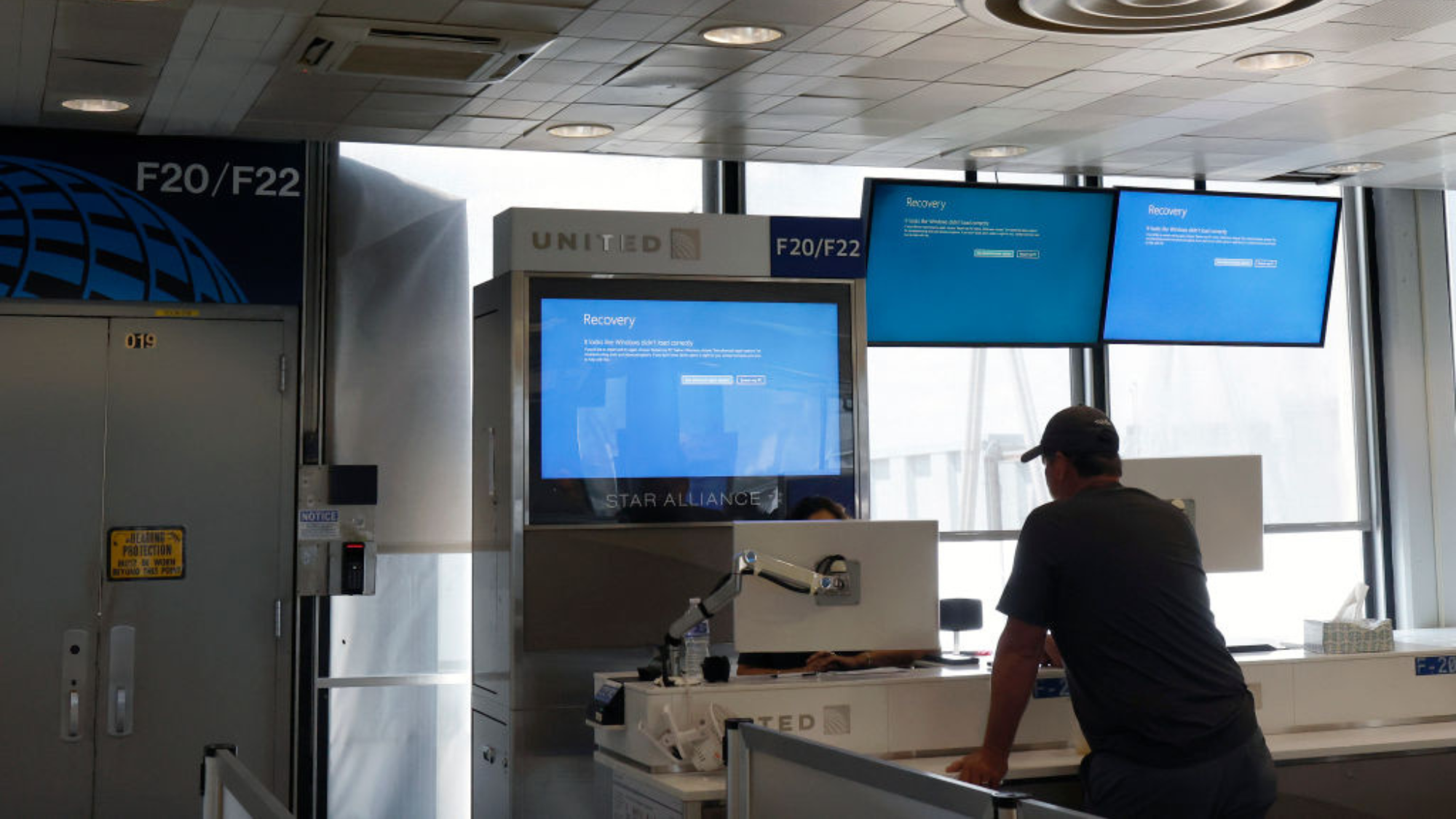 CrowdStrike: the IT update that wrought global chaos
CrowdStrike: the IT update that wrought global chaosTalking Point 'Catastrophic' consequences of software outages made apparent by last week's events
-
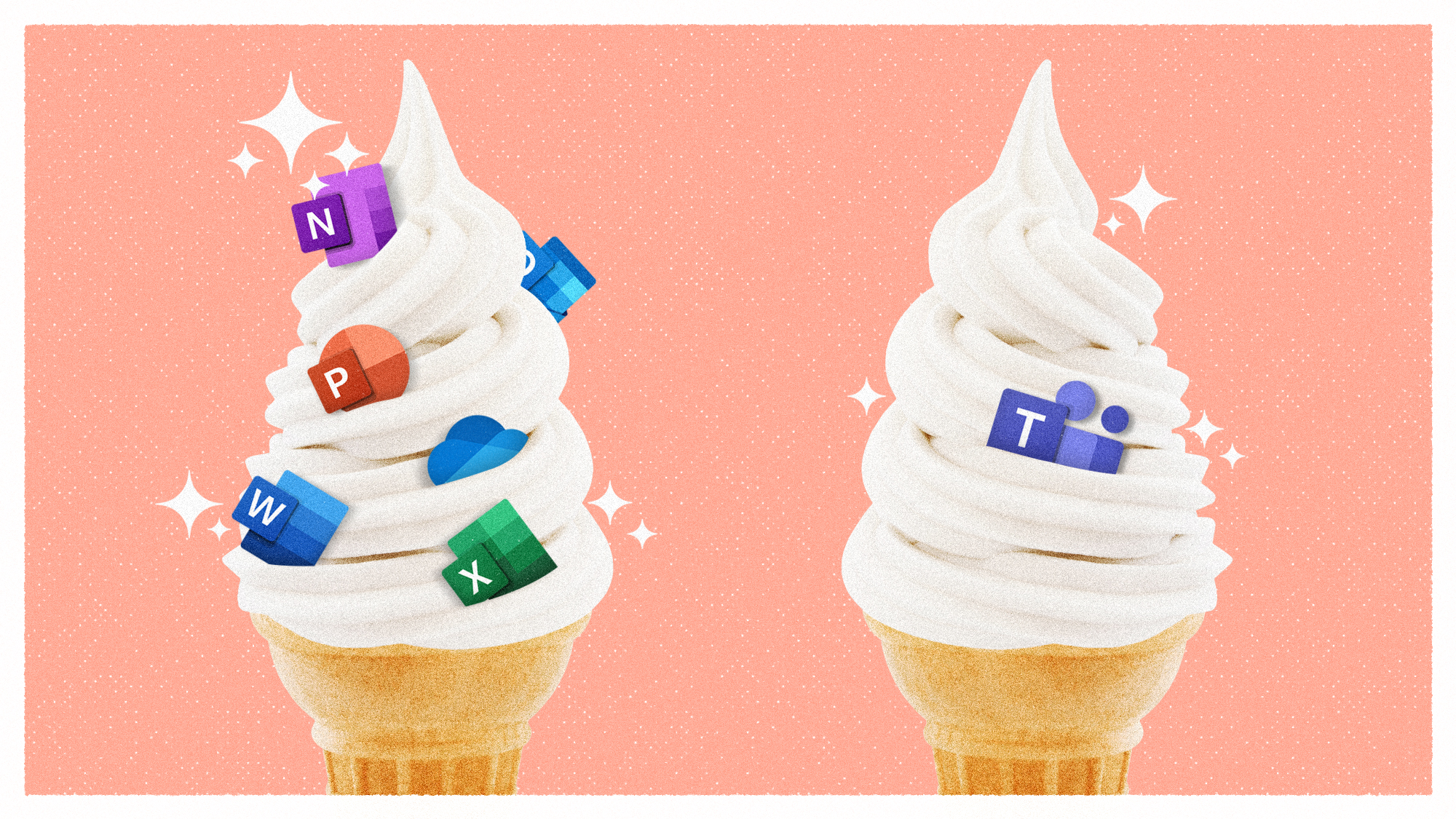 Why is Microsoft breaking up Teams and Office?
Why is Microsoft breaking up Teams and Office?Today's Big Question The company had previously divided the software in Europe, but will now make this change globally